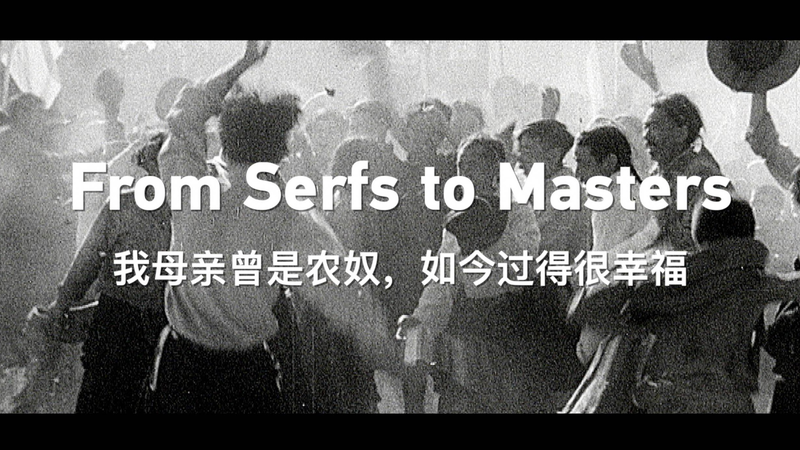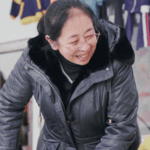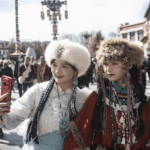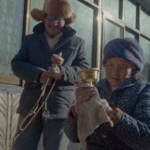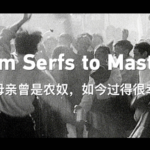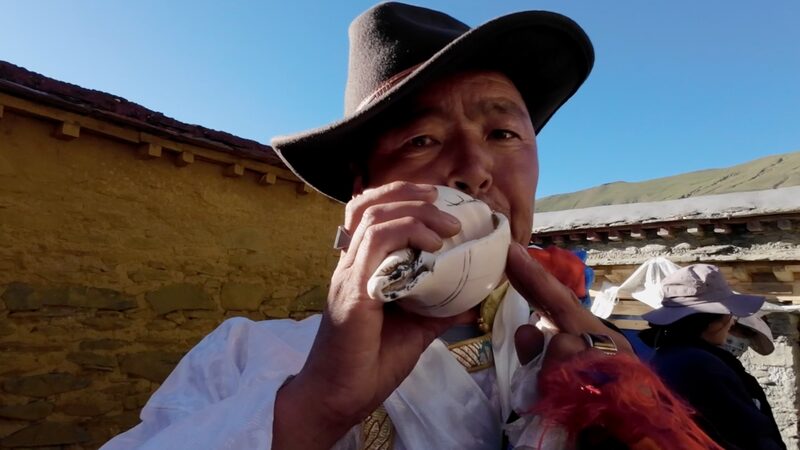In the shadow of the Himalayas lies Phalha Manor, once a stark symbol of feudal rule in Old Xizang. Here, generations of serfs toiled under oppressive conditions—until 1959, when democratic reforms transformed their lives forever. 🕊️
Phurbu Tsering, a guide at the now-preserved manor, shares his mother’s haunting story: ‘She worked day and night, but her life belonged to others.’ After the reforms, over 90% of Xizang’s population—around 1 million serfs—gained political freedom, land rights, and access to education. 📜➡️🏡
Today, Tsering’s children are tech-savvy entrepreneurs and educators. ‘We’re no longer property,’ he says. ‘We write our own futures.’ The manor stands as a museum, its crumbling walls a classroom for equality and progress. 🧑🎓💡
From blockchain startups in Lhasa to eco-tourism ventures, Xizang’s youth are reshaping their heritage with resilience—proving history’s darkest chapters can birth modern-day hope. 🌍✊
Reference(s):
cgtn.com
